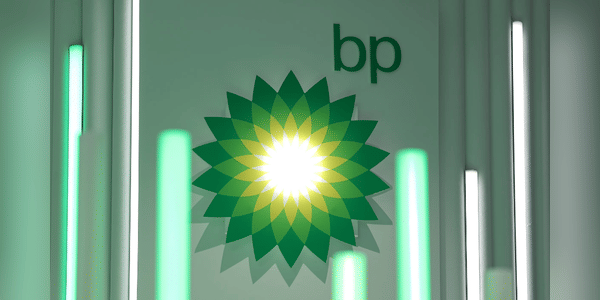Apollo Global Management and BP enter into a billion-dollar deal
In the context of the growing challenges of European energy security and diversification of resources comes a key agreement between Apollo Global Management and BP Plc. The move not only underlines the importance of the Trans Adriatic Pipeline (TAP) to Europe, but also shows how major investors are beginning to see opportunities in the energy sector as a route to stable returns in turbulent times. What are the specific details of this deal and what impact will it have on European energy policy?

Apollo Global Management $APO has entered into a $1 billion agreement with BP Plc $BP to finance BP's stake in the Trans Adriatic Pipeline. Apollo has acquired a minority stake in BP Pipelines subsidiary TAP Limited, which owns BP's 20% stake in the key pipeline. Despite this transaction, BP will retain management control, allowing it to continue to have a decisive say in TAP-related operations.
The Trans Adriatic Pipeline is a strategic infrastructure project that provides transportation of…